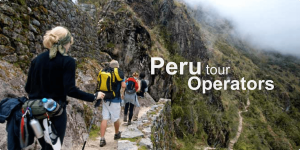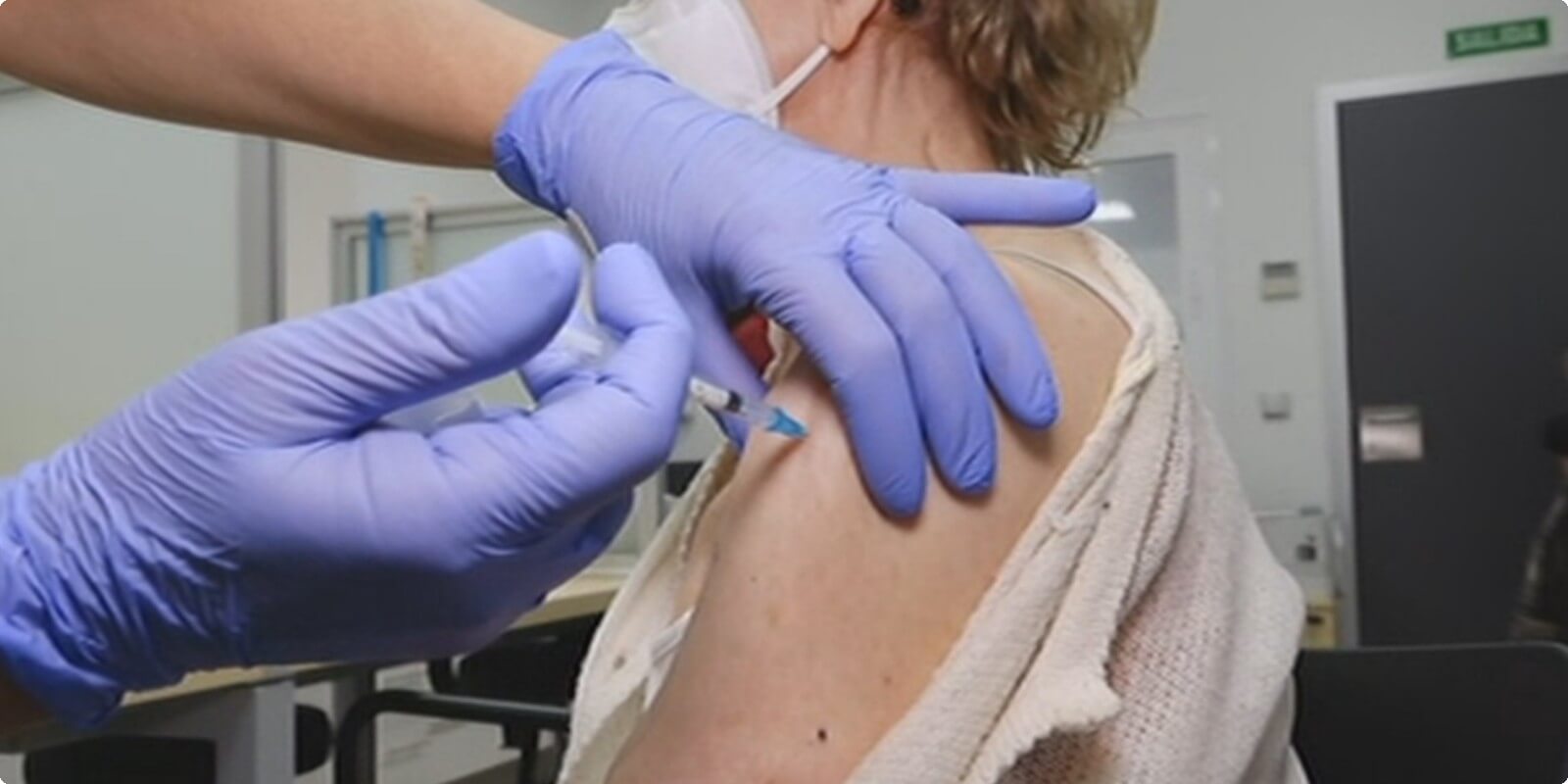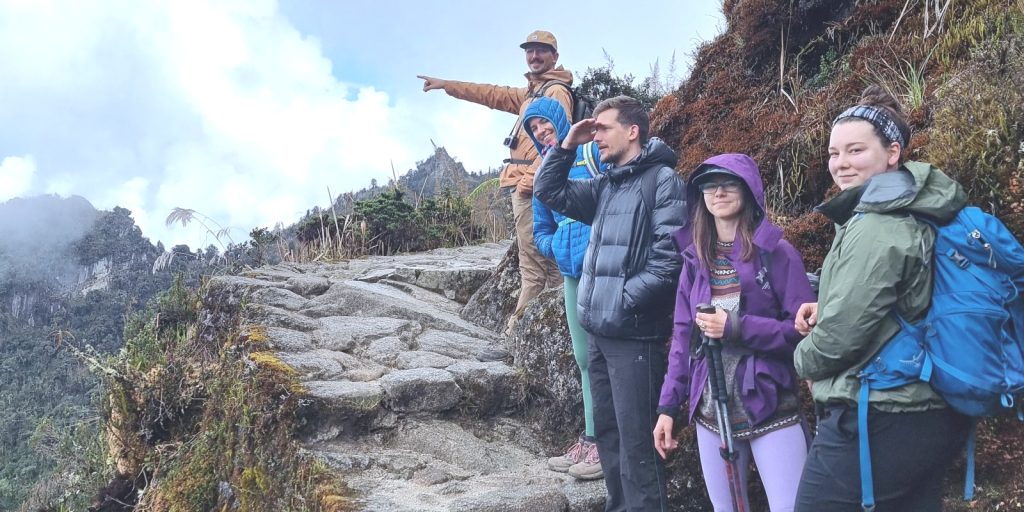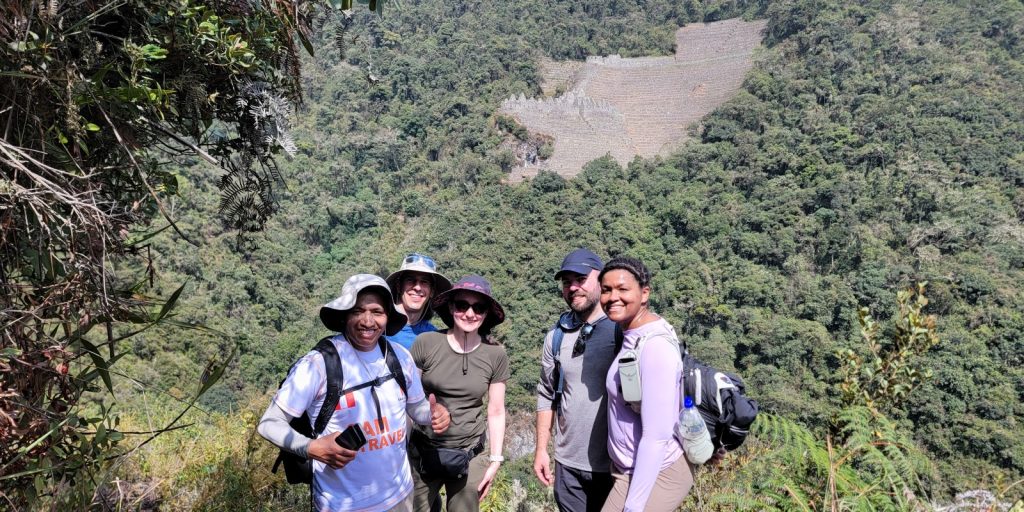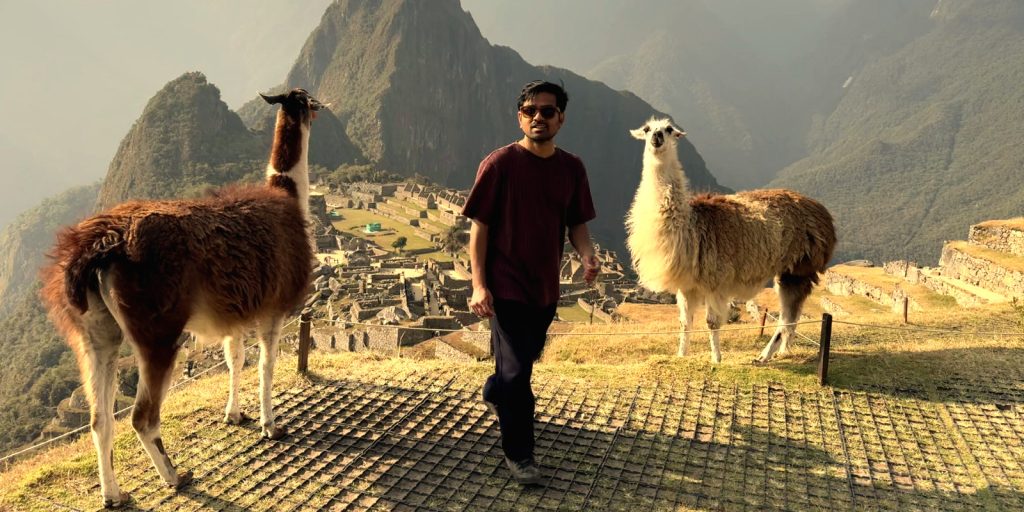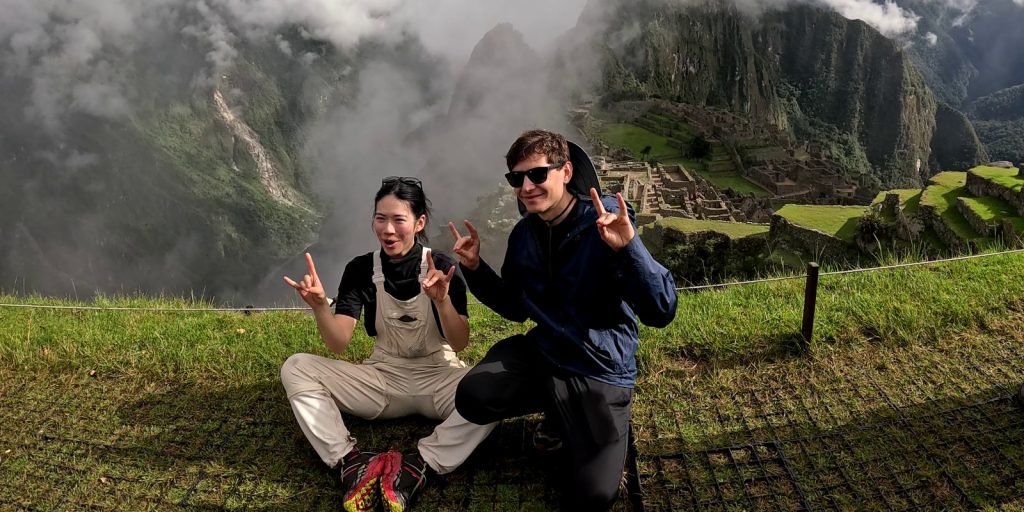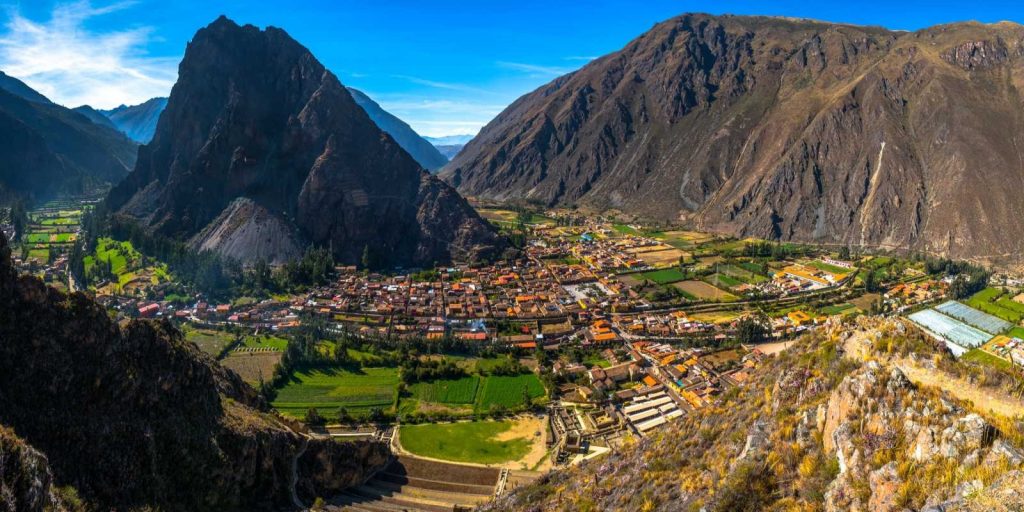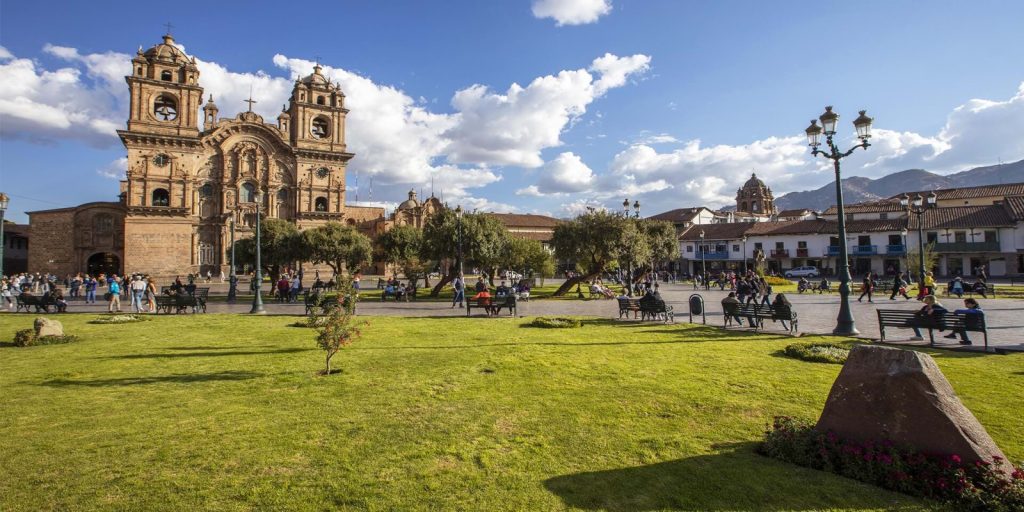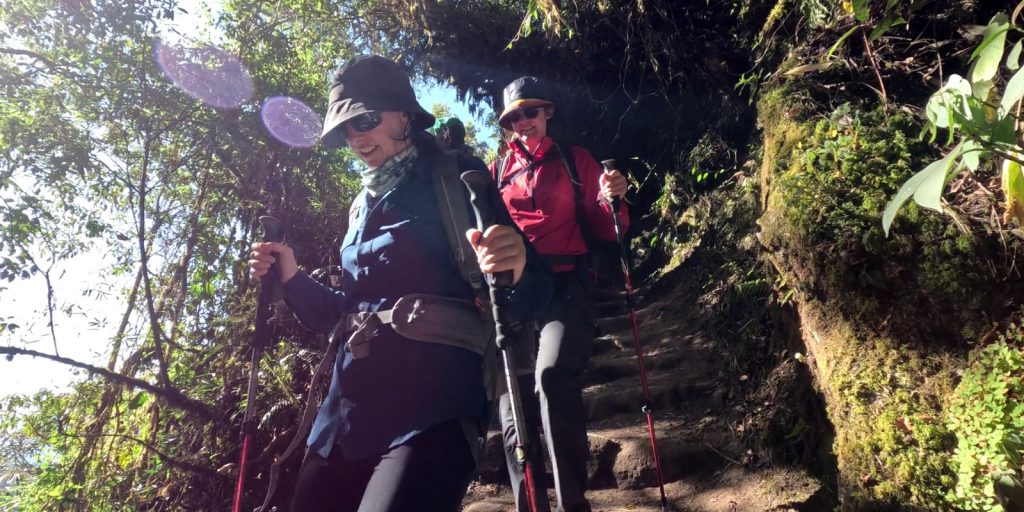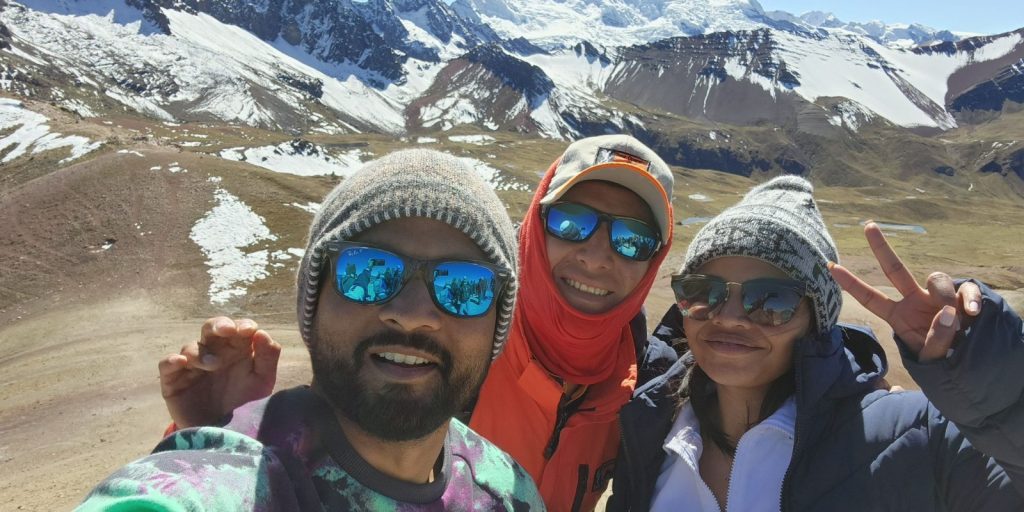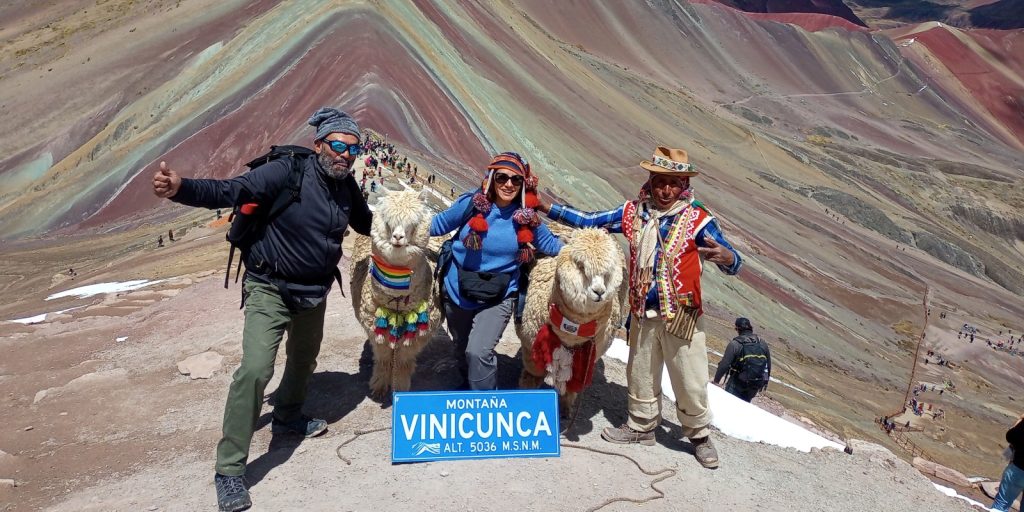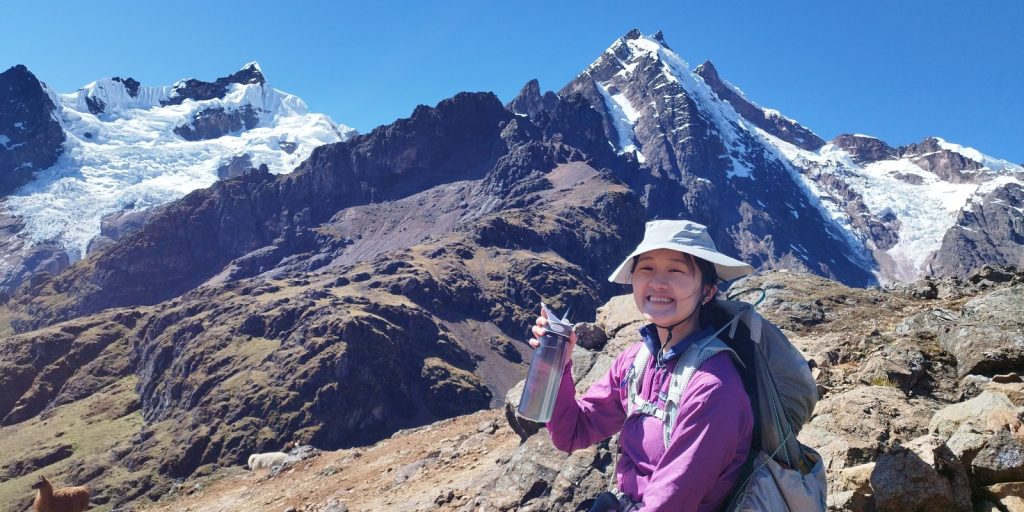For many traveling the world is the greatest time of their lives, but one of the most important considerations is your health. What is more important than your health and we all need to take care while traveling.
When you have decided on your destination speak to your doctor and have a check up. If you have ongoing health issues make sure that you take enough medications to cover the entire trip and some to spare in case you lose your luggage.
While traveling in Peru you will be at many places in high altitude. Altitude sickness is no joke and can effect your vacation. Consult your doctor and talk about medicines for altitude. When you first arrive into the altitude it is recommended to drink lots of water, rest and eat light meals to acclimatize to the altitude. This should be for at least 2 days before attempting any physical activities. The local remedy to altitude is coca tea, most hotel receptions will have the tea free for you to drink.
Water while traveling.
Seasoned travelers will know the dangers of water. This is especially true when traveling to developing countries. Never drink the tap water in any country that you travel. Always check that the water is boiled before drinking or drink bottled water only. Check the seal on the bottle hasnt been tampered with.
Food while traveling.
The food in most destination is usually a highlight and we all like to try different and new things. Eating on street corners and in markets may be tempting but is best to be avoided with your sensitive western stomach. Eating at your hotel is always a good idea. Find a restaurant that is recommended in your guide book. Another great way to find a good restaurant is to find one that is full of people this is always a good indication.
Vaccines for travel to Peru
No vaccines are currently required for entry into Peru. But the necessary immunizations will help keep you safe and healthy on the road. The following guidelines are not a substitute for a consultation with a medical professional. Always seek advice from your doctor or a specialist travel clinic before you travel, ideally 4 to 6 weeks before you departure date. Some vaccinations require a course of injections, while others need time to take effect.
Hepatitis A
All travelers to Peru should be vaccinated for Hepatitis A. This infection can be spread through contaminated food and water. In most cases, one dose of hepatitis A vaccine taken any time before travel is enough to offer protection, although two weeks before travel is ideal. Common side effects include pain at the injection site and headaches.
Hepatitis B
Your travel plans will determine whether you need the hepatitis B vaccination. You should discuss the issue with your doctor before receiving the injection. According to the Centers for Disease Control and Prevention’s “Health Information for Travelers to Peru”. The vaccine is especially recommended for travelers who “might be exposed to blood or body fluids, have sexual contact with the local population, or be exposed through medical treatment.” The vaccine is normally administered in three doses over six months, but quicker alternatives do exist (but they may not provide optimal protection). A combined hepatitis A and hepatitis B vaccine is also available.
Yellow Fever
Yellow fever, like malaria and dengue fever (for which there is no vaccine), is a disease transmitted by infected mosquitoes. Not all travelers to Peru will need the yellow fever vaccination, but it is recommended for certain areas of the country. Broadly speaking, risk areas are located to the east of the Andes, in jungle locations below 7,545 feet (2,300 meters) in elevation. The vaccine is given 10 days before travel and is effective for at least 10 years. Possible side effects include flu-like symptoms.
Rabies
Most travelers don’t need the rabies vaccination for Peru. However, your doctor may recommend the vaccine due to special circumstances, including:
- You are going to Peru to work with or handle animals (veterinary work, wildlife research or to work in an animal sanctuary, for example).
- You will be involved in activities that might bring you into close contact with bats (including spelunking/caving).
- You will be staying in a rural area with limited medical care where the risk of rabies may be high.
With or without the vaccine, you should always take care to avoid animal bites in Peru. Stay clear of stray animals, be cautious around wildlife and avoid contact with bats.
Typhoid
The CDC recommends the typhoid vaccine for all travelers to Peru, particularly those “staying with friends or relatives or visiting smaller cities, villages, or rural areas where exposure might occur through food or water.” In general, getting the typhoid vaccine is a good idea. There are two types of vaccines available: an oral vaccine that consists of four capsules (one taken every other day) or an injection administered a week before travel. Neither typhoid vaccine is 100% effective, typically protecting 50% to 80% of recipients. Standard precautions such as careful hygiene, hand washing, and attention to food preparation help protect against typhoid.
Routine Vaccinations.
Before you travel, make sure you are up-to-date with your routine vaccinations. Your doctor will be able to check your vaccination history and let you know which injections and booster shots you need. Immunizations include:
- measles, mumps, rubella (MMR) vaccine
- diphtheria, pertussis, tetanus (DPT) vaccine
- polio vaccine
Always take care when traveling any where in the world. Your health should be your number 1 priority, always take care where you are and what a you to have a safe and healthy vacation aboard.



